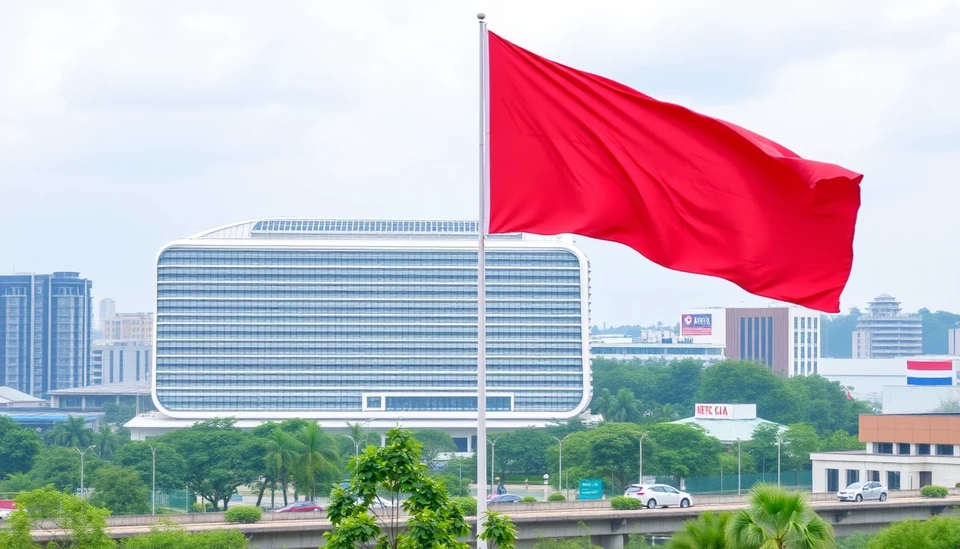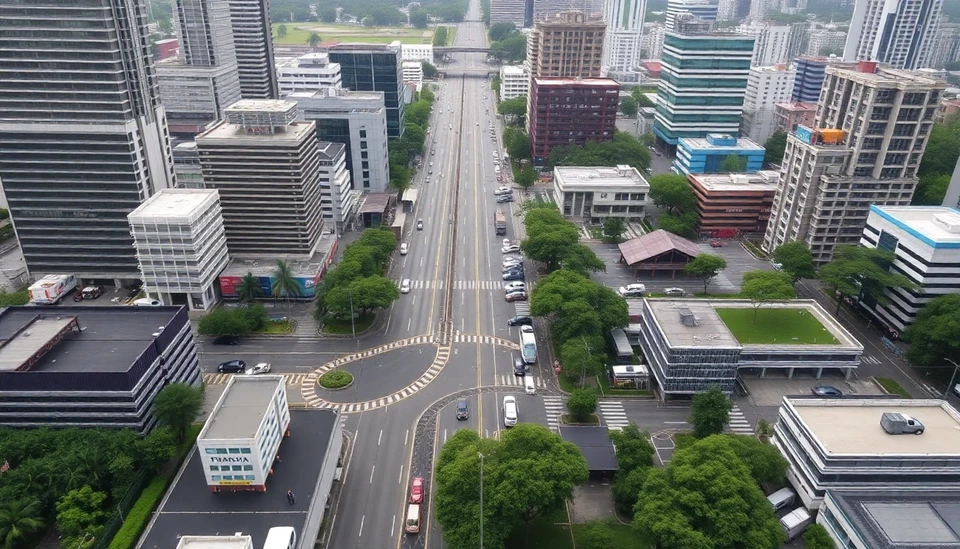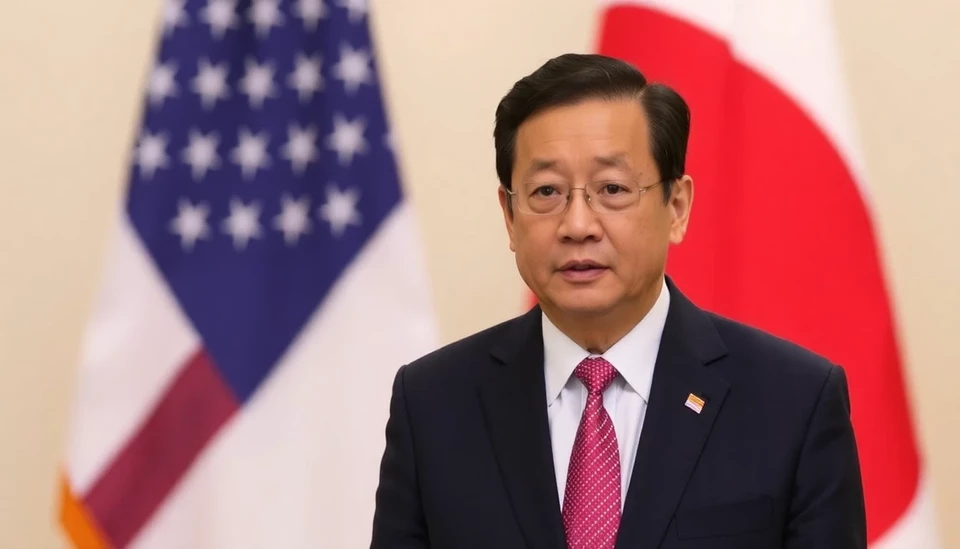
Indonesia has ambitious plans to tackle climate change by significantly curbing emissions growth in the coming years, with a particular focus on the forestry sector. The nation, renowned for its expansive rainforest, is now strategically positioning itself to become a leader in sustainable forestry practices that can help mitigate greenhouse gas emissions. This initiative aligns with Indonesia's commitment to the global goal of achieving net-zero emissions by 2060.
Officials in Indonesia have articulated a clear objective: to limit emissions growth to a maximum increase of 10% by 2035. This target is intricately linked to the management and rehabilitation of forests, which are not only vital for biodiversity but also play an essential role in carbon sequestration. By enhancing its forestry practices, Indonesia aims to effectively balance economic growth with ecological preservation.
Recent data indicates that forestry and land use change in Indonesia has contributed significantly to the country’s overall emissions. Deforestation and degradation have historically posed substantial challenges, undermining both local ecosystems and the global climate agenda. In response, the Indonesian government is rolling out a comprehensive set of policies designed to protect existing forests and restore previously degraded lands.
The nation plans to implement a variety of measures including better land-use planning, reforestation projects, and sustainable logging practices. These initiatives are expected to garner the support of local communities and stakeholders who rely on forestry for their livelihoods. Furthermore, enhancing forest governance and accountability is a pivotal part of this strategy to ensure that initiatives are carried out effectively and transparently.
This proactive approach has the backing of international financial institutions and environmental organizations, which are keen to support Indonesia in its green transition. By fostering international collaboration, the Indonesian government can access technical resources and funding necessary to facilitate its climate goals. The integration of advanced technology and research is also anticipated to play a crucial role in improving forest management practices.
Public sentiment within Indonesia appears to be increasingly in favor of these environmentally friendly policies. Citizens are becoming more aware of the impacts of climate change on their environment and livelihoods, prompting a demand for more sustainable practices. Education campaigns and community engagement will be vital in helping local populations understand the importance of preserving their natural resources.
In summary, Indonesia’s commitment to curbing emissions growth through strategic forestry initiatives underscores the country's dual challenge of fostering economic development while protecting its invaluable natural resources. As global attention turns increasingly towards sustainable development practices, Indonesia’s efforts will be pivotal in the context of Southeast Asia's overall environmental strategy. The successes of these initiatives could serve as a model for other nations striving to combat climate change while navigating the complexities of development.
As Indonesia embarks on this ambitious journey, the hope is that it not only meets its carbon reduction targets but also paves the way for a more sustainable future for its people and the planet.
#Indonesia #ClimateChange #Forestry #Sustainability #NetZero #Emissions #GreenFuture
Author: Peter Collins




